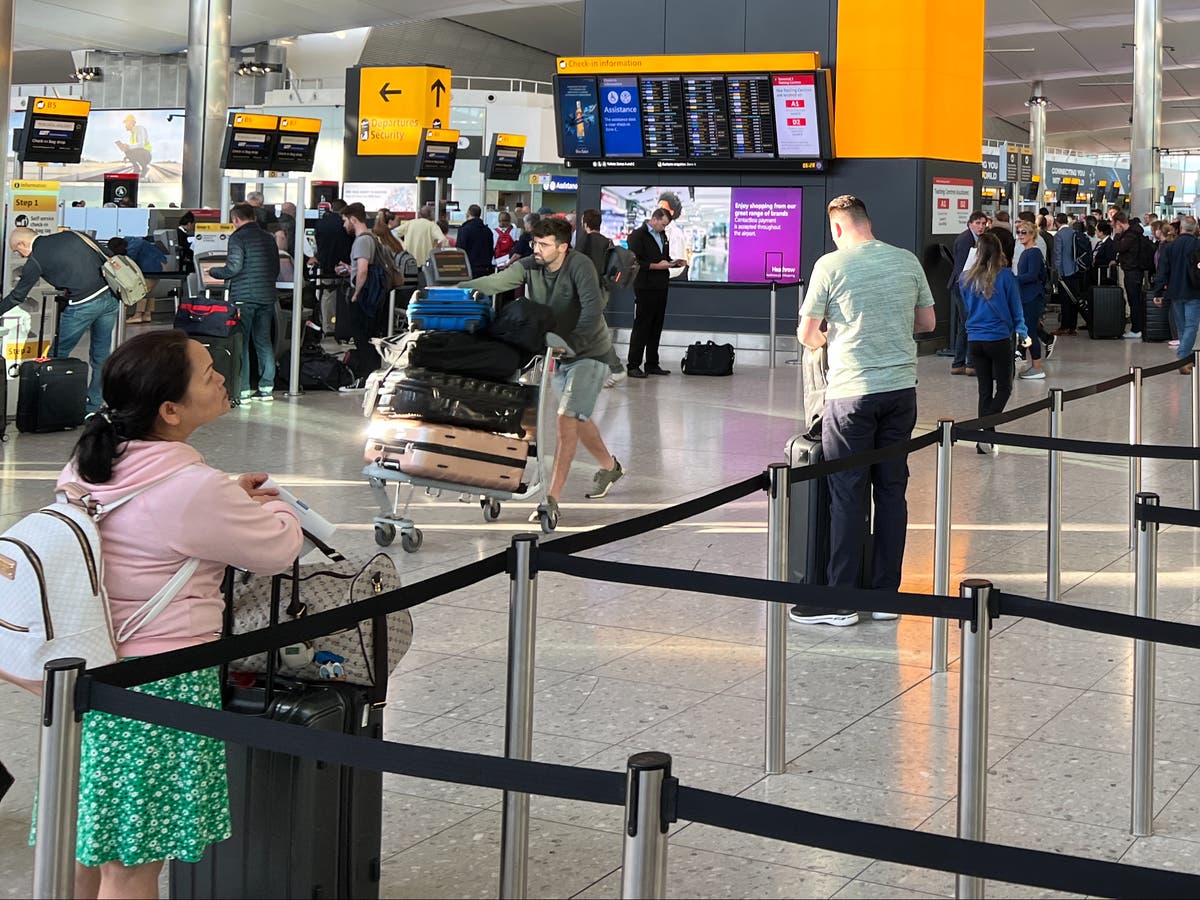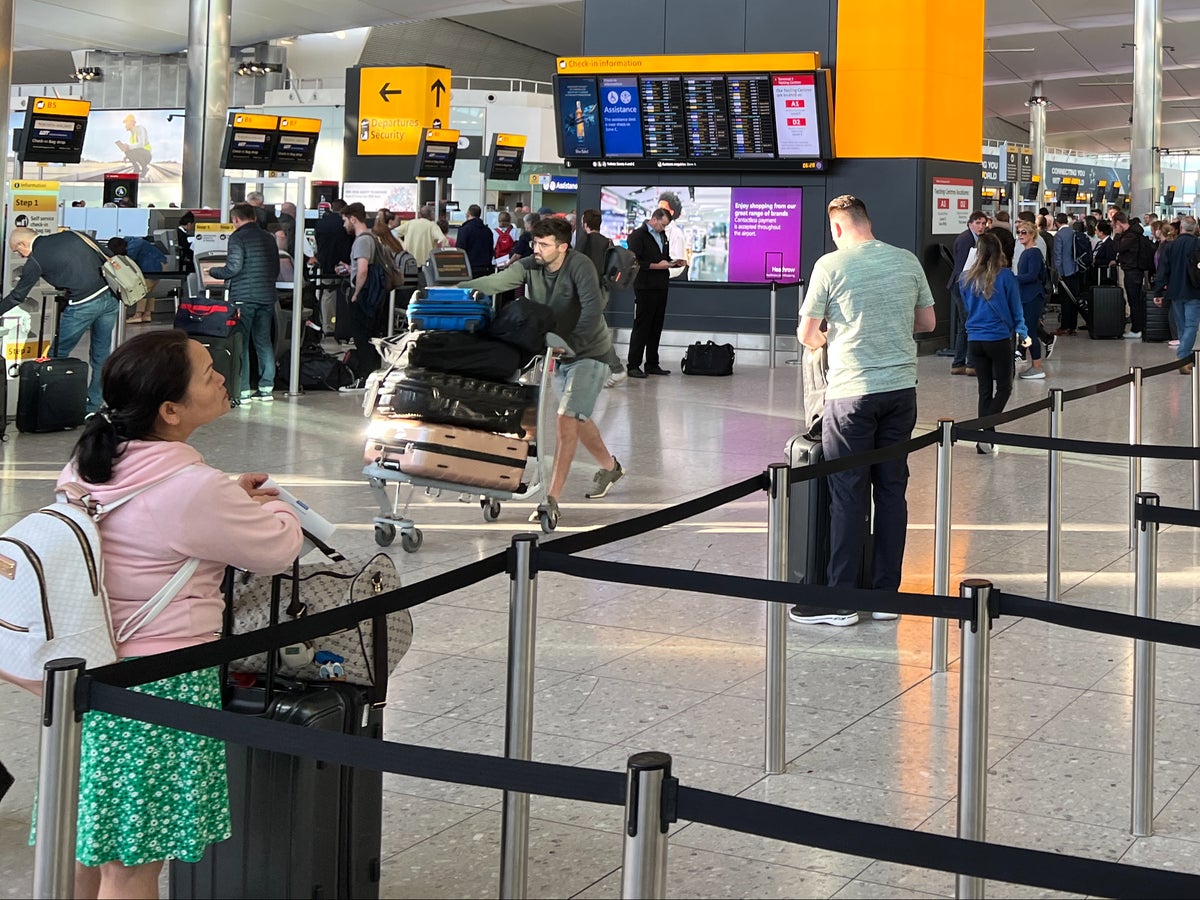“This will provide passengers with confidence ahead of their half-term getaways.” So said Heathrow airport on Monday, when it announced that its summer cap on departing passenger numbers will be extended.
The limit of 100,000 outbound travellers from the UK’s biggest airport – which had been due to end on 11 September – will continue until Saturday 29 October (or it may not; read on.)
It is place, bluntly, because Heathrow has little faith in the ground handling operation to cope with departing passenger numbers that, in normal times, sometimes top 120,000 a day in the summer peak. Airport bosses believe staffing is still 30 per cent below pre-pandemic levels, while airline operations are currently only 15 per cent down. To avoid long delays (which sometimes lead to very short-notice cancellations) and baggage snarl-ups, the cap must go on.
The last weekend of October is significant for three reasons: it marks the end of the official summer season for the airlines; the clocks go back; and many schools start or end their half-term holidays. A climax, of sorts, for the aviation industry before the gloom of November descends. Airlines expect many of their flights to be full, with passengers having paid premium fares for the right to travel when the schools are out.
Now, though, some of those flights will be cancelled in order to manage down the passenger count. Carriers are busily discussing options with the “slots czar”: Airport Coordination Ltd, effectively an independent arbitrator who sets out options for airlines.
Inevitably, some flights will be grounded. Airlines loathe letting down customers; they hate having to hand back fares; and they despair at passengers’ rights rules that oblige them to find and pay for a seat on another airline, at any price, for a traveller whose flight they have cancelled. More widely, they are concerned about the message that Heathrow’s latest announcement sends out.
Just as the pronouncement by Ryanair’s Michael O’Leary that “the era of €10 flights is over” is rather more accurate if the word “not” is inserted, so the Heathrow claim that started this article looks more plausible if it reads: “This will not provide passengers with confidence ahead of their half-term getaways.”
Heathrow, I imagine, means travellers can be confident about avoiding airport disruption. But for a family looking forward to much-needed autumn half-term holiday flying from Heathrow, the announcement raises the spectre of cancellation at some time over the next six weeks.
The capacity limits may not last that long. Heathrow says they “will be kept under regular review and could be lifted earlier should there be a sustained picture of better resilience”. So no carrier is going to cancel any earlier than it has to, in case the full schedule can be flown after all.
British Airways (BA) is by far the biggest airline at the hub. BA has cancelled tens of thousands of flights so far this summer, and cannot rule out more. An airline spokesperson told me: “We’ll continue to work closely with Heathrow airport as we work out the implications of this extended cap so we can get as many of our customers away as planned.”
Of course BA will focus on short-haul destinations with several daily flights when choosing future cancellations, but the schedules look pretty filleted already – especially on domestic flights.
On Wednesday, for example, three out of the five daily departures from Aberdeen are grounded. The latest southbound departure is at 10.20am. And the only seats available for the 402-mile flight are priced at £602 one way.
Limited availability and high fares are not signs of a thriving aviation industry.








More Stories
Everything you need to know about July and August rail industrial action
‘It’s cancerous’: How seaside towns fight back against second home owners
EasyJet flight diverted after passenger medical emergency on board